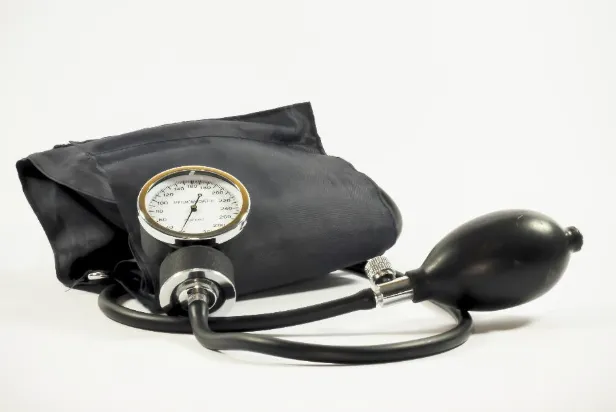
Health Screenings for Women
Health Screenings for Women
As a woman, taking your health seriously is of the utmost importance. One way to do this is to get routine screenings that look at various aspects of your health, from your blood pressure and cholesterol, to your stamina and physical health. Here are some of the more important health screenings women need to get.
Breast Screenings
Breast health is an important part of women’s overall wellness. While men can develop breast cancer, the vast majority of cases are in women. Early detection is key, and regular screenings can make a big difference.
Instead of only relying on mammograms, which can be uncomfortable and involve radiation, many women are turning to thermography as a gentler, more holistic option. Thermography is a non-invasive imaging technique that uses infrared technology to detect patterns of heat and blood flow. Since cancerous tissues tend to have increased blood supply and inflammation, thermography may help identify changes in breast tissue before a lump is even detectable.
This method doesn’t compress the breast or expose you to radiation. It can also be especially helpful for women with dense breast tissue, where mammograms may be less effective. While thermography is not a replacement for all forms of screening, it can be a valuable tool when used alongside physical exams and other methods.
Integrating both conventional and natural screening approaches can give you a more complete picture of your health. I recommend looking online for the closest place near you!
Osteoporosis Screenings
One of the more common medical conditions women need to be careful about is osteoporosis. This is when you lose some of your bone density, which can easily happen with women as they age. You need to focus on diet and nutrition, as well as proper exercise to help prevent osteoporosis. You can also get early treatment by getting osteoporosis screenings periodically. This often includes getting a bone density scan, then following that up with x-rays of your bones.
Blood Glucose Tests
As a woman, you may be at increased risk for developing type 2 diabetes, even if you don’t have a family history. That’s why routine blood glucose screenings are essential. These include tests like fasting glucose, hemoglobin A1c, and insulin levels, which can identify prediabetes or early-stage diabetes before symptoms arise.
The good news is that both prediabetes and type 2 diabetes can often be reversed or put into remission with the right lifestyle changes. A diet focused on whole, nutrient-dense foods, regular movement, better sleep, and stress reduction can dramatically improve your blood sugar levels and help prevent long-term complications and costly medical expenses.
Ask your healthcare provider to include these screenings as part of your annual check-up, especially if you're experiencing symptoms like fatigue, frequent urination, or unexplained weight changes.
Blood Pressure & Cholesterol
Two of the most common and important screenings for women, especially as you age, are blood pressure and cholesterol. These numbers are key indicators of heart and vascular health. Early changes can often go unnoticed until they become serious.
Because women face a higher risk of heart disease, especially after menopause, it's recommended to begin monitoring these levels in your early twenties. If you have additional risk factors like a family history, poor sleep, a sedentary lifestyle, or high stress, more frequent testing may be needed.
If your numbers are elevated, don't settle for medication as the only solution. Work with a provider who can help you understand why your levels are high. Many times, blood pressure and cholesterol can be managed through changes in nutrition, physical activity, stress management, and better sleep.
Taking Charge of Your Health
Routine screenings are not just about early detection. They are about prevention, informed choices, and protecting your long-term health. Prioritizing these steps helps you stay strong, energized, and ahead of potential problems.
If you haven’t had these tests within the past year, consider scheduling a visit. It is one of the most important ways you can invest in your future well-being.
I work with people all over the US to help them take back their health. If you’re interested you can learn more by visiting my functional medicine page!